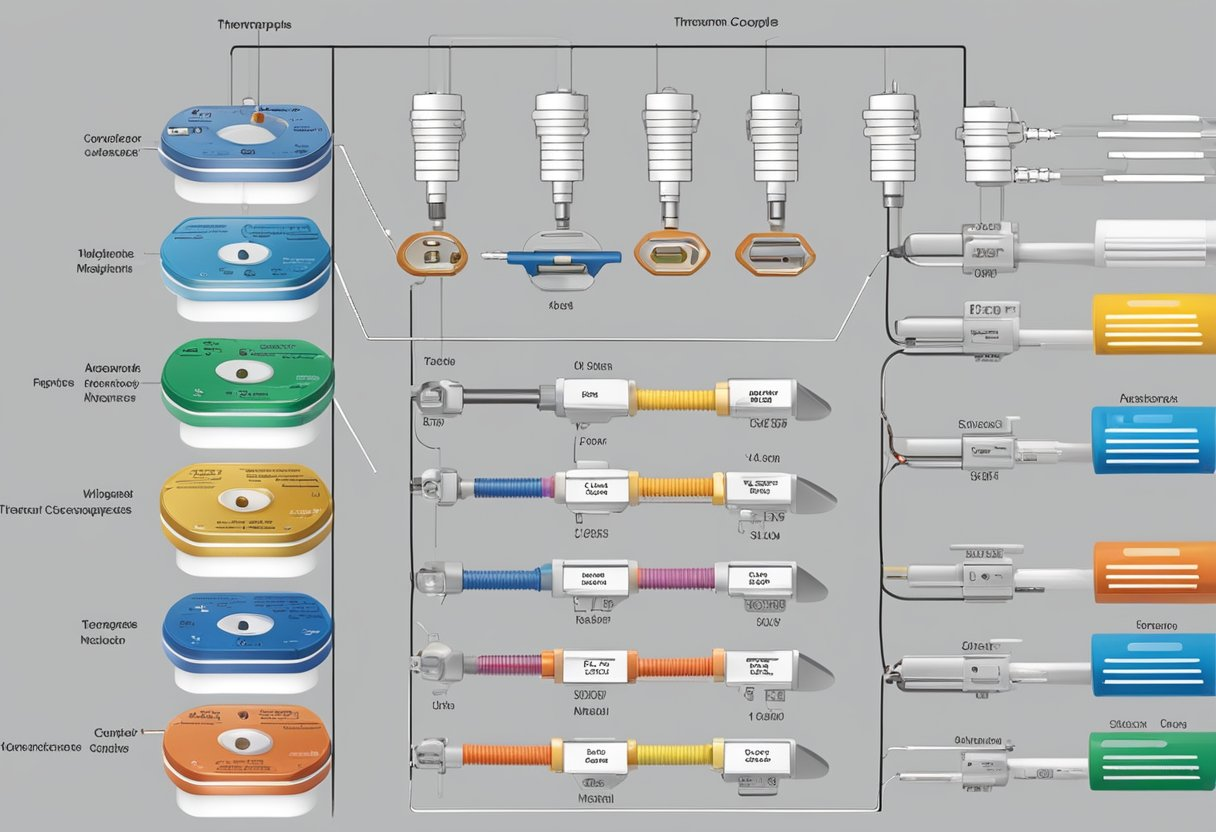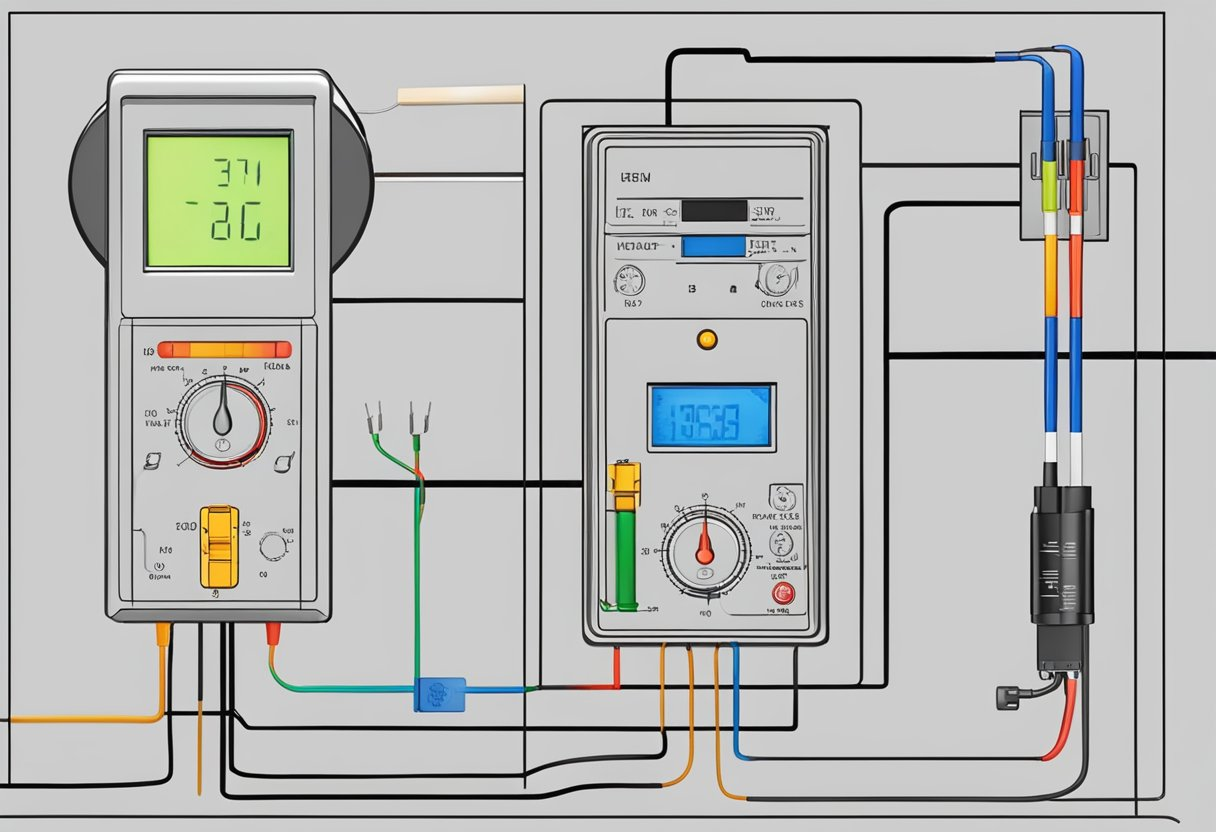Accurate Temperature Measurement: A Comprehensive Guide
Table of Contents
- Introduction
- Types of Temperature Measurement Tools
- Tips for Accurate Temperature Measurement
- Applications of Accurate Temperature Measurement
- Conclusion
Introduction
Temperature measurement is a critical process in many industries, from food processing to scientific research. Ensuring that temperature is accurately measured is crucial to maintaining safety, quality, and consistency in products and processes.
In this guide, we will explore the different types of temperature measurement tools, provide tips for accurate temperature measurement, and discuss various applications of temperature measurement.
Types of Temperature Measurement Tools
There are various types of temperature measurement tools available on the market, each with its own advantages and disadvantages. The most common types include:
- Thermometers: These are the most basic type of temperature measurement tool, and they come in various forms, including digital, infrared, and glass.
- Thermocouples: These are composed of two different metals and generate a voltage proportional to the temperature difference between the ends.
- RTDs (Resistance Temperature Detectors): These use a material, such as platinum, with a known resistance-temperature relationship to measure temperature.
- Temperature Probes: These are sensors that can be inserted into materials or liquids to measure their temperature.
Tips for Accurate Temperature Measurement
To ensure accurate temperature measurement, it is important to follow these tips:
- Select the right tool for the job: Different temperature measurement tools are suited for different applications. Choose the tool that is best suited for the material or substance you need to measure.
- Calibrate your tools regularly: Over time, temperature measurement tools can become less accurate. Regular calibration ensures that your tools are providing accurate measurements.
- Use proper technique: The way you use your temperature measurement tool can affect its accuracy. Make sure to follow proper technique when using your tool.
- Consider environmental factors: Environmental factors, such as humidity and altitude, can affect temperature measurement. Make sure to take these factors into account when measuring temperature.
Applications of Accurate Temperature Measurement
Accurate temperature measurement is essential in many industries, including:
- Food processing: Accurate temperature measurement ensures food safety and quality.
- Pharmaceuticals: Temperature plays a critical role in drug development and manufacturing.
- Scientific research: Temperature measurement is crucial in many scientific experiments.
- Environmental monitoring: Temperature measurement is important in monitoring climate change and other environmental factors.
Conclusion
Accurate temperature measurement is crucial in many industries and applications. By choosing the right temperature measurement tool, calibrating it regularly, following proper technique, and taking environmental factors into consideration, you can ensure that your temperature measurements are accurate and reliable.





